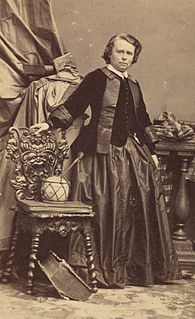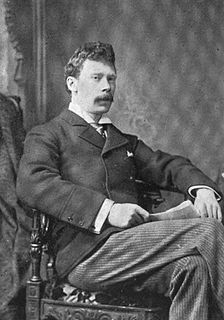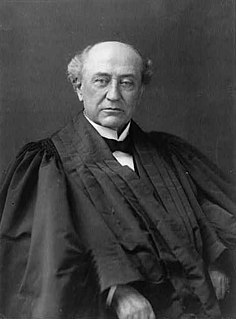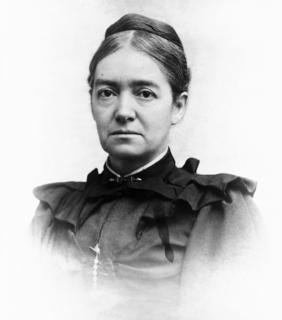A Quote by Elizabeth Cady Stanton
I have such an intense pride of sex that the triumphs of women in art, literature, oratory, science, or song rouse my enthusiasm as nothing else can.
Related Quotes
I wrote a song called 'Red' and thinking about what that song means to me and all the different emotions on this album they're all pretty much about the tumultuous, crazy, insane, intense, semi-toxic relationships I've experienced in the last two years. All those emotions fanning from intense love, intense frustration, intense jealousy, confusion, all of that in my mind, all those emotions are red. There's nothing in between, there's nothing beige about those feelings and so I called my record that.
An Arab activist can take pride in the Arab heritage of mathematics and science or he can take pride in his religion, and there's pride to be taken in both. But one of them could be exploited much more easily and has been in the context of world conflict. And the other is very difficult to do on the grounds that science and literature and mathematics have been among the uniting factors in the history of the world.
I think that's an important part of art in general. Especially in literature, in stories, we play with eventualities that may put us through a lot of intense negative feelings - say, in horror films or tragedies as intense as King Lear - but we come out feeling richer. We've lived to the fullest, we've tested ourselves in these environments.
But there is no doubt that to attempt a novel of ideas is to give oneself a handicap: the parochialism of our culture is intense. For instance, decade after decade bright young men and women emerge from their universities able to say proudly: 'Of course I know nothing about German literature.' It is the mode. The Victorians knew everything about German literature, but were able with a clear conscience not to know much about the French.
But when we reduce sex to a function, we also invoke the idea of dysfunction. We are no longer talking about the art of sex; rather, we are talking about the mechanics of sex. Science has replaced religion as the authority; and science is a more formidable arbiter. Medicine knows how to scare even those who scoff at religion. Compared with a diagnosis, what's a mere sin? We used to moralize; today we normalize, and performance anxiety is the secular version of our old religious guilt.






































